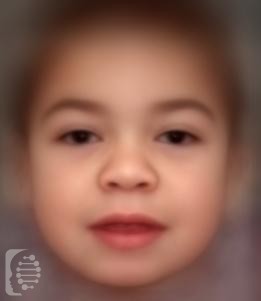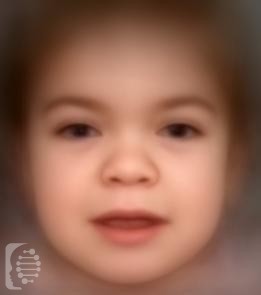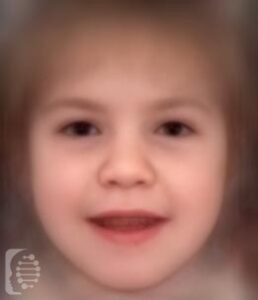
Mucopolysaccharidoses
Mucopolysaccharidoses refers to a group of inherited metabolic disorders. There are 7 specific genetic disorders within this group. The condition is progressive, and symptoms can vary significantly, even among individuals within the same family. Most individuals are diagnosed in either childhood or adolescence. The Mucopolysaccharidoses group of disorders affects around 1 in 25,000 children a […]







